
Introductions
Laser surgery has long been considered as non-invasive type of the surgery. It can be performed in a variety of diseases. Advantages of laser surgery are numerous and potential complications are reduced to minimum.
In case of open angle glaucoma the laser surgery have been used from 1980.
Indications for Glaucoma Laser Surgery
In case of narrow angle glaucoma there is increased chance that the angle will eventually close. This condition is followed by severe pain. The pain is actually a consequence of increased pressure within eyeball. The narrowed angle can be widen to appropriate extent and this way a potential increase of intraocular pressure can be successfully eliminated.
In the beginning of the open angle glaucoma most doctors suggest medications. Special eye drops are used as they can prevent the attack for a long time. Still, in case of narrow angle glaucoma there is high possibility that only one attack of the disease will lead to irreversible damage to the eye structures. Drainage pores can be closed for good and shape of the pupils can be distorted. There is even great chance of cataract occurrence. In most extreme cases even optic nerve can be damaged.
Laser Surgery - Technique
Approximately 30 minutes prior the surgery the patient is administered special eye drops. These eye drops tend to reduce size of the pupils. The surgical procedure is done in exact chair that is normally used in regular eye examination. No injections are used. However, anesthetics are given in a form of another eye drops. They reduce pain and discomfort as the doctor has to insert specially made eye lenses. These eye lenses are of great help in reduction of movements of the eyelids.
The laser will create a tiny little gap in iris. There are no scars after the surgery. As in any other surgical procedure the redness of an eye will be present for a few days after the laser surgery. The vision will be a little bit blurred. Fortunately this lasts only one day. Additional postoperative problem is pain. The pain is induced by the spasm of pupil muscles. To relieve the pain a patient is given special eye drops and some painkillers. Aspirin must be avoided for at least a week after the laser surgery.
Results of Glaucoma Laser Surgery
The surgery is fully successful in approximately 95% of all treated patients. The others require additional laser surgery to achieve desirable effect. Certain numbers of patents require prolonged usage of eye drops after the laser surgery.
If the pressure in eyeballs comes to normal within a week after the surgical procedure the eye drops will not be necessary any more and the patient will only go for regular check-ups.


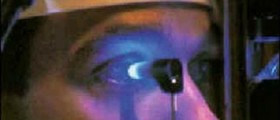
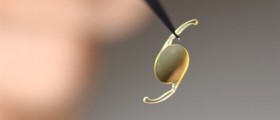
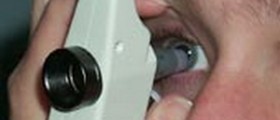
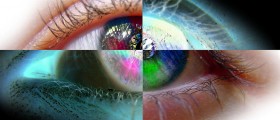

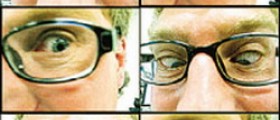


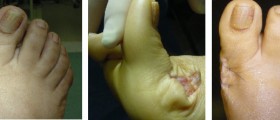
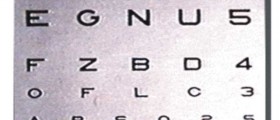
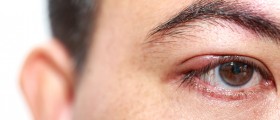



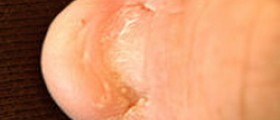
Your thoughts on this
Loading...